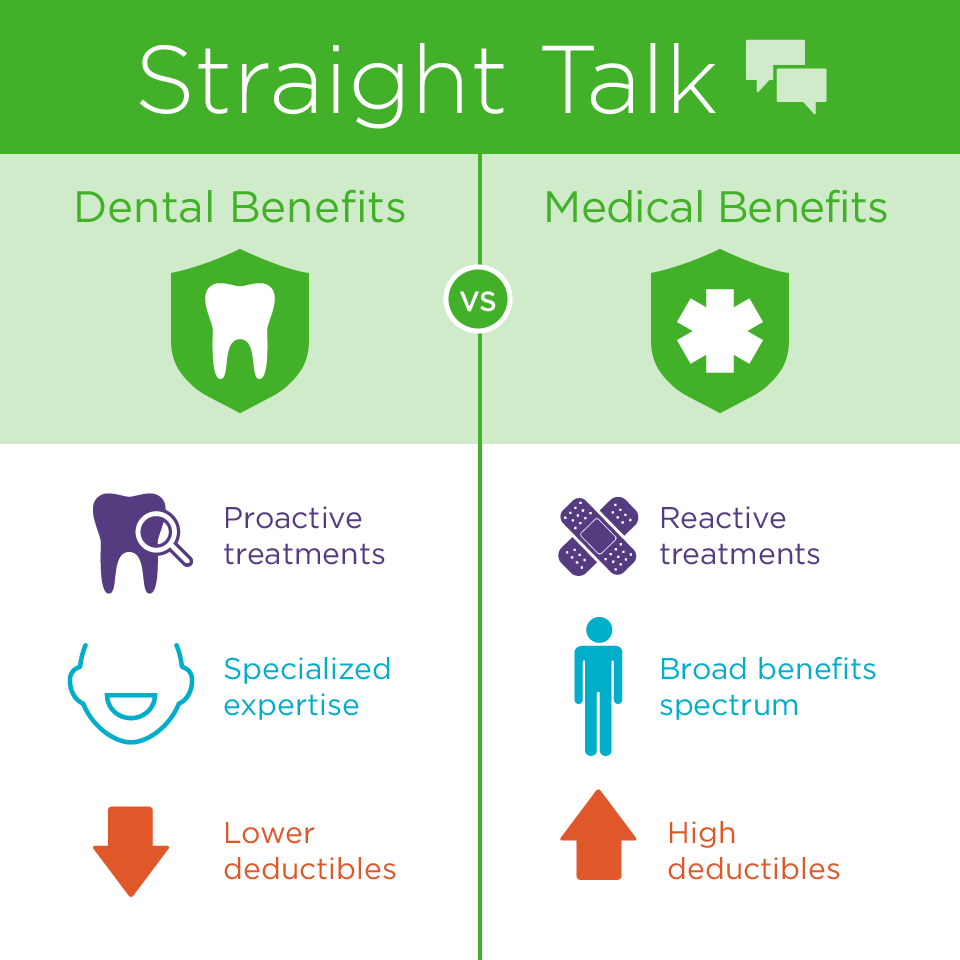The Best Guide To Medicare Advantage Agent
The Best Guide To Medicare Advantage Agent
Blog Article
Medicare Advantage Agent Things To Know Before You Buy
Table of ContentsMedicare Advantage Agent for BeginnersThe smart Trick of Medicare Advantage Agent That Nobody is Talking AboutSome Known Details About Medicare Advantage Agent Medicare Advantage Agent Fundamentals Explained4 Easy Facts About Medicare Advantage Agent ShownThe 5-Second Trick For Medicare Advantage AgentMedicare Advantage Agent Things To Know Before You Buy

Significant illnesses can cost several times that. Health and wellness treatment insurance coverage aids you obtain the care you need and secures you and your family members financially if you get sick or hurt. You can obtain it with: Your work or your partner's work, if the company provides it. You should satisfy qualification demands for government healthcare programs. To find out more regarding government programs, check out Benefits.gov. Discover more: Medical insurance: 5 points you might not know Watch: Are you all of a sudden needing health insurance? You can add your household to a work health and wellness plan. If you purchase from an insurance provider or the market, you can purchase
a plan that additionally covers your family members. They do not need to live in your home, be signed up in institution, or be claimed as a depending on your income tax return. You can keep wedded kids on your strategy, yet you can't include their partners or kids to it. If you have dependent grandchildren, you can keep them on your strategy till they turn 25. You can purchase various other times just if you shed your insurance coverage or have a life modification. Life changes consist of points like marrying or
separated, having an infant, or adopting a youngster. You can enroll in a job health and wellness plan when you're initial employed or have a major life adjustment. They can't deny you insurance coverage or fee you more due to the fact that of a preexisting problem or special needs. The cost relies on your situations. You'll need to pay premiums and component of the expense of your treatment. A premium is a month-to-month cost you pay to have protection. To decide your premium, insurer will consider: Your age. Whether you smoke or make use of tobacco. Whether the protection is for one person or a household. They might not consider your sex or wellness elements, including your case history or whether you have a handicap. Premiums for specific strategies are locked in for one year. Fees generally increase when the strategy is renewed to show your age and greater health care prices. All health insurance need you to.
pay some of the expense of your health and wellness care. This is called cost-sharing. In addition to premiums, you normally have to satisfy an insurance deductible and pay copayments and coinsurance. A is the quantity you must pay before your plan will pay. For instance, if your deductible is$ 1,000, your plan won't pay anything up until you have actually paid $1,000 on your own.
You'll additionally have a copayment if you most likely to the emergency clinic or see a professional. The amounts vary by strategy. is a quantity you pay for a covered solution after you have actually met your insurance deductible. It's generally a portion of the cost of the solution. For instance, your health insurance plan might pay 80 % of the price of a surgical treatment or medical facility stay.
The portion you pay in coinsurance differs by plan. You usually do not have to pay coinsurance in an HMO. Federal legislation establishes limitations on the quantity you pay out of pocket in a plan year. Some strategies have lower out-of-pocket limitations. After you get to the limitation, you do not have to pay copayments or coinsurance for the remainder of the strategy year.
Not known Facts About Medicare Advantage Agent

The 4 types are: HMO plans. Special provider (EPO) plans. Preferred supplier (PPO) strategies. Point-of-service strategies. All four kinds are taken care of care plans. This implies they agreement with physicians and various other healthcare suppliers to treat their participants at affordable prices. These service providers comprise a plan's her latest blog network. Handled treatment strategies limit your selection of medical professionals or urge you to utilize physicians in their networks.
The strategies vary in the degree to which you can utilize doctors outside the network and whether you have to have a physician to oversee your treatment. If you don't, you could have to pay the full price of your care on your own.
You'll additionally have a copayment if you most likely to the emergency area or see an expert. The quantities vary by strategy. is a quantity you pay for a protected service after you have actually satisfied your deductible. It's normally a portion of the cost of the solution. Your wellness plan may pay 80 % of the cost of a surgical procedure or health center remain.
The Ultimate Guide To Medicare Advantage Agent
The percent you pay in coinsurance varies by plan. You typically don't have to pay coinsurance in an HMO. Federal legislation establishes limitations on the amount you pay of pocket in a plan year. Some strategies have reduced out-of-pocket limits. After you reach the limitation, you don't have to pay copayments or coinsurance for the rest of the plan year.
A plan year is the 12-month period from the date your coverage started. As an example, if your insurance coverage started on September 1, your plan year lasts up until August 31. Find out more: Just how to save money at the doctorTreatment alternatives and prices There are 4 sorts of major medical health insurance plan in Texas.
The four types are: HMO strategies. Special company (EPO) plans. Preferred provider (PPO) strategies. Point-of-service strategies. All four kinds are handled care strategies. This implies they contract with medical professionals and other health and wellness care carriers to treat their participants at reduced rates. These carriers comprise a plan's network. Taken care of care plans restrict your choice of medical professionals or motivate you to use physicians in their networks.
The strategies differ in the degree to which you can make use of physicians outside the network and whether you must have a physician to oversee your care. You have to use carriers in the HMO's network. If you don't, you could need to pay the full price of your care on your own. There are exemptions for emergencies and if you need treatment that isn't offered in the network.
Medicare Advantage Agent - The Facts
You'll also have a copayment if you go to the emergency clinic or see a professional. click this The amounts vary by plan. is a quantity you spend for a protected service after you have actually fulfilled your insurance deductible. It's usually a portion of the cost of the solution. As an example, your health insurance plan could pay 80 % of the price of a surgery or healthcare facility remain.

The percent you pay in coinsurance differs by strategy. You generally do not have to pay coinsurance in an HMO. Federal regulation sets restrictions on the quantity you pay of pocket in a plan year. Some strategies have lower out-of-pocket limitations. After you get to the limitation, you do not need to pay copayments or coinsurance for the remainder of the strategy year.
A strategy year is the 12-month period from the date your protection began. There are 4 types of significant medical health and wellness strategies in Texas.
The four types are: HMO strategies. Special supplier (EPO) strategies. Preferred service provider (PPO) plans. Point-of-service strategies. All 4 types are taken care of treatment strategies. This implies they contract with click for info physicians and various other wellness treatment providers to treat their members at reduced rates. These suppliers compose a plan's network. Managed care plans limit your selection of doctors or encourage you to use medical professionals in their networks.
Indicators on Medicare Advantage Agent You Should Know
The strategies differ in the level to which you can utilize doctors outside the network and whether you must have a doctor to oversee your care. If you don't, you could have to pay the full cost of your care on your own.
You'll also have a copayment if you go to the emergency clinic or see a specialist. The amounts vary by plan. is a quantity you pay for a covered service after you have actually met your insurance deductible. It's typically a percent of the expense of the service. Your health plan may pay 80 % of the price of a surgery or healthcare facility stay.
The percent you pay in coinsurance differs by strategy. You typically don't need to pay coinsurance in an HMO. Federal legislation establishes restrictions on the quantity you pay of pocket in a plan year. Some plans have reduced out-of-pocket restrictions. After you reach the limit, you don't have to pay copayments or coinsurance for the rest of the plan year.
A plan year is the 12-month period from the day your coverage started. There are 4 kinds of major medical health plans in Texas.
Medicare Advantage Agent Fundamentals Explained
Special service provider (EPO) strategies. All four kinds are handled treatment plans. Handled care strategies restrict your selection of physicians or motivate you to use medical professionals in their networks.
The strategies vary in the level to which you can make use of doctors outside the network and whether you have to have a physician to supervise your treatment. If you do not, you might have to pay the full expense of your care on your own.
Report this page